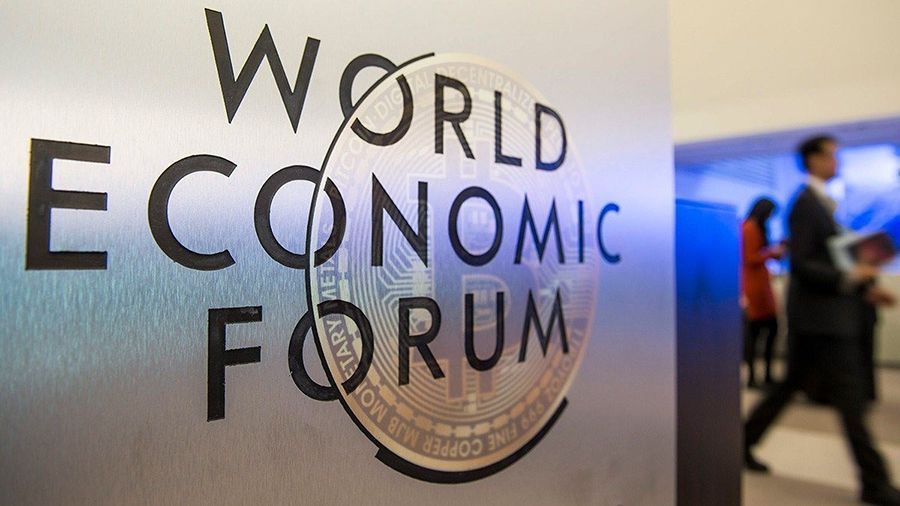The World Economic Forum (WEF) has published a paper on the opportunities and risks of decentralized finance (DeFi) and its impact on the financial sector.
The document outlines the challenges that can be addressed with this emerging sector of the cryptocurrency industry. It also provides general information about DeFi so that policymakers and regulators gain a broader understanding of it.
The WEF researchers paid particular attention to the risks associated with DeFi. First of all, this is the likelihood of losses that can occur due to the actions of counterparties, lack of liquidity or hacker attacks. There are also technical risks – there is a possibility of failures in the operation of software systems or errors in smart contracts. In addition, DeFi can be used to commit financial crimes, fraud and market manipulation.
The authors of the document pointed out that DeFi raises many questions about whether regulators have the tools to quickly respond to the growing activity in the cryptocurrency market. The researchers emphasized that decentralized finance, like any other emerging technology, is used internationally and has no borders. Therefore, regulators in different countries must develop a comprehensive approach to oversee the DeFi industry.
The WEF did not outline specific measures that could be applied by regulators. However, WEF researchers suggested creating “regulatory sandboxes” for testing projects working with decentralized finance, or tightening regulation rules, as happened after the ICO “boom” in late 2017 and early 2018. At the same time, the WEF acknowledged that DeFi is a stand-alone industry that can significantly affect both the development of the blockchain and the entire international financial sector.
Sheila Warren, head of blockchain and digital assets development at the WEF, said that to some extent, DeFi allows more democratic work with financial services, be it lending or insurance. Warren believes there is a need to find a “balance” between privacy and anti-money laundering regulations. Otherwise, overregulation will make it harder for DeFi players to enter the market, which will stifle innovation.
Michael Mosier, director of the US Financial Crimes Enforcement Network (FinCEN), said DeFi empowers people to financially. Mozier added that the published report provides a clearer picture of DeFi, so governments should use this information to develop clearer regulation of the industry.
At the beginning of the year, the WEF presented guidance on creating government digital currencies so that central banks can decide whether to develop their own digital currency.







